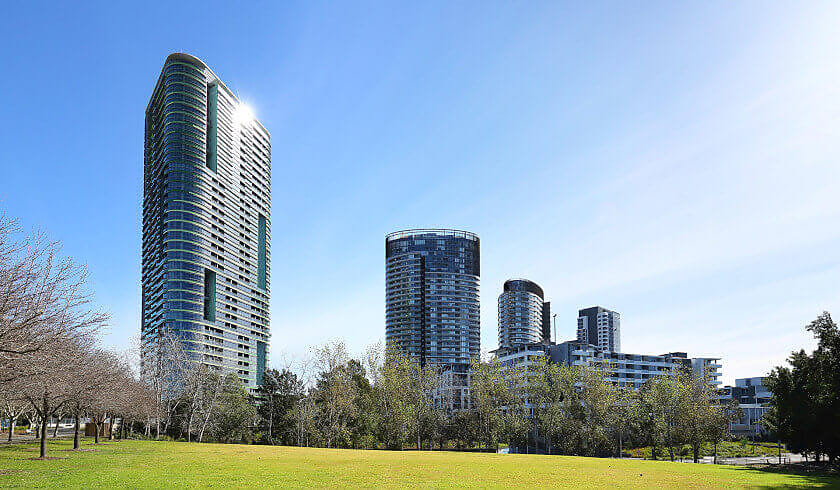1 in 2 strata buildings have serious defects in NSW
A new report has found more than half (53 per cent) of strata buildings across the state had serious defects between 2016 and 2022.

The report came from the Strata Community Association NSW (SCA NSW), which found the most prevalent defects flagged included waterproofing (42 per cent), fire safety systems (24 per cent), structural concerns (15 per cent), and key services issues, such as plumbing and elevators (14 per cent).
A further 8 per cent of respondents flagged non-compliant cladding issues within strata buildings.
Concerningly, 52 per cent of all buildings requiring resolution work are not having their serious defects resolved within one year.
Across the same period, between 2016 and 2022, SCA (NSW) said an estimated $79 million had been spent by owners corporations to rectify such issues, with the average cost of rectifying serious defects sitting at $283,000 per building.
Breaking the costs down further, 57 per cent of costs were directly associated with repairs, while 20 per cent of the costs came from professional costs, and 15 per cent of expenses were associated with legal costs.
The insights in the report came from a joint initiative survey between SCA (NSW) and the Office of the Building Commissioner.
The latest iteration of the survey was completed by more than 600 strata managers, with SCA stating that the findings showed “an increase in serious defects since the last report published in 2021”.
It was after these incidents that the NSW state government established the first iteration of the Office of the Building Commissioner in an effort to clean up the building and construction industry.
But the latest findings are not all doom and gloom, with the report finding that for schemes registered since 2020, serious defects have decreased from 34 per cent to 27 per cent – hopefully pointing to the recent cleaning up of the construction sector across the state.
Weighing in on the latest findings, SCA NSW president Stephen Brell acknowledged tackling building defects “continues to be a formidable task”.
“[t’s] one that is time-consuming, financially burdensome and emotionally draining for all involved.”
“We are grateful that these survey results show that consumers feel empowered to report defects with the regulator receiving double the amount of serious defects reported (34 per cent) than in 2021 (15 per cent) showing increased confidence in regulation.
“While, regrettably, we have seen an increase in serious defects since 2021, surveys such as this are central to our ability to advocate for the greater strata community and create government reform that ensures we are working towards more positive outcomes in the future,” Mr Brell continued.

